The Canadian business landscape is thriving, and the demand for specialised expertise is on the rise. This creates a prime opportunity for individuals with honed skills and industry knowledge to venture into the world of consultancy. If you’re an expert in your field and have a passion for helping businesses navigate challenges and achieve success, then setting up a consultancy business in Canada could be the perfect path for you.
This comprehensive guide will provide you with the information and actions required to turn your expertise into a thriving consultancy business. We’ll delve into the different types of consulting services, explore the most suitable business structures, walk you through the registration process, and discuss the costs and benefits involved in registering a business in Canada.
Types of Business Consultancy Services in Canada
Before diving into the nuts and bolts of setting up your consultancy business, it’s crucial to understand the different types of consultancy services you can offer. Here are some common categories:
Management Consultancy
Focuses on enhancing organisational performance by analysing current business issues and creating improvement plans.
IT Consultancy
Aids companies in managing cybersecurity protocols, system deployment, and technology strategy.
Financial Consultancy
Offers expertise in fields like accounting, tax planning, and financial planning.
Human Resources Consultancy
Provides advice on workforce management, encompassing employee relations, onboarding, and hiring.
Marketing Consultancy
Specializes in developing strategies to promote and sell products or services.
Strategy Consultancy
A strategy consultant helps businesses make important decisions that will help them reach their long-term objectives.
Business Structure for a Consultancy Business in Canada
Choosing the right business structure is a critical decision that affects your liability, tax obligations, and ability to raise capital. In Canada, you have several options:
1. Sole Proprietorship
- Description: A sole proprietorship in Canada is the most straightforward type, in which a single individual owns and runs the company.
- Pros: Complete control, simplicity of setup, and tax advantages.
- Cons: Unlimited personal liability, harder to raise funds.
2. Partnership
- Description: A partnership firm in Canada is a company that is owned by two or more people.
- Pros: Shared responsibility, combined resources and skills.
- Cons: Joint liability, the potential for conflicts.
3. Corporation
- Description: A corporation in Canada is a separate legal entity owned by shareholders.
- Pros: Limited responsibility, simpler to raise capital, perpetual existence.
- Cons: Higher setup costs and complexity.
4. Limited Liability Partnership (LLP)
- Description: A partnership where some or all partners have limited liabilities.
- Pros: Restricted liability protection and an adaptable organisational structure.
- Cons: More complex than a general partnership, not available in all provinces.
Procedure to Set Up a Consultancy Business in Canada
Choose a Business Structure
Choose the business form that best meets your goals, taking into account funding, tax implications, and liability.
NUANS Name Search
Ensure your desired business name is available through a NUANS name search conducted by the Canadian Intellectual Property Office (CIPO).
Register Your Enterprise
Register your enterprise name with the relevant provincial or territorial government. If you plan to incorporate, you must submit an application to acquire a business number from the Canada Revenue Agency (CRA) and file the necessary paperwork.
Federal Business Number (BN)
Apply for a BN from the Canada Revenue Agency (CRA). This unique identifier is essential for filing taxes and collecting GST/HST (Goods and Services Tax/Harmonized Sales Tax) if applicable.
Open a Business Bank Account
Create a corporate bank account to keep your personal and company finances separated.
Documents to Start a Consultancy Business in Canada
To legally operate your consultancy business, you’ll need the following documents:
- Business Plan: A thorough document that outlines the goals and strategy of your company.
- Registration Documents: Evidence that your company is registered with the local, state, or federal authorities.
- Incorporation Documents: If incorporating, you’ll need articles of incorporation and a corporate name.
- Permits and Licenses: Any industry-specific licenses or permits.
- Tax Registration: Applying for a business number, GST/HST number, payroll deductions, and other services through the CRA.
- Partnership Agreement: If you have a partnership, a written partnership agreement outlining each partner’s responsibilities and profit sharing.
- Client Contracts: Legal agreements between you and your clients detailing the scope of services, fees, and terms.
Benefits of Starting a Consultancy Business in Canada
Starting a consultancy business in Canada offers several advantages:
1. Diverse Market: Canada’s diverse and growing economy provides ample opportunities for consultancy services across numerous sectors.
2. High Demand: Businesses continually seek expert advice to improve operations, adopt new technologies, and stay competitive.
3. Flexibility: Consultancy offers flexibility in terms of working hours, location, and client selection.
4. Low Overhead Costs: Consultancy businesses often have lower overhead costs compared to other industries, especially if you work from home.
Expected Costs to Set Up a Consultancy Business in Canada
The costs associated with launching a consultancy business in Canada can vary depending on your chosen structure, location, and required permits. Here’s a general breakdown:
- Business Registration Fees: These are typically nominal, ranging from $60 to $200 depending on the province.
- Federal Business Number (BN): There’s no fee to apply for a BN.
- Permits and Licenses: Costs can vary significantly based on your specific service and location. Research local requirements for accurate estimates.
- Professional Fees: Consulting with a lawyer or accountant for guidance on structure and registration might incur some fees.
- Marketing and Business Development: Building your brand and attracting clients involves marketing efforts like website development, online advertising, or networking events. Costs can vary considerably depending on your chosen strategies.
Conclusion
Starting a consultancy business in Canada may be a thrilling and successful venture. You may start a successful consulting by being aware of the different types of consultant services available, selecting the best business structure, adhering to the correct setup procedures, and being aware of the associated expenses and benefits. Remember, you can easily get your business registered using Incpass, an automated tool created to simplify and speed up the Canadian business registration procedure. You can build a successful consulting firm in Canada with proper strategy and execution.
FAQs
What is the best business structure for a consultancy in Canada?
The ideal business structure is determined by your unique requirements. Sole proprietorships are easy and economical to operate while corporations offer limited liability and easier access to capital. Partnerships and LLPs are also viable options depending on the level of liability protection you need.
Do I need a special license to register a consultancy business in Canada?
This depends on your consultancy type as well as location. Some consultancy services, like financial or legal consulting, may require specific licenses or professional designations.
How much will it cost to register a consultancy business in Canada?
The cost can differ significantly depending on elements like business structure, office setup, marketing, and professional services. Generally speaking, starting costs range from $1,000 to $5,000.




